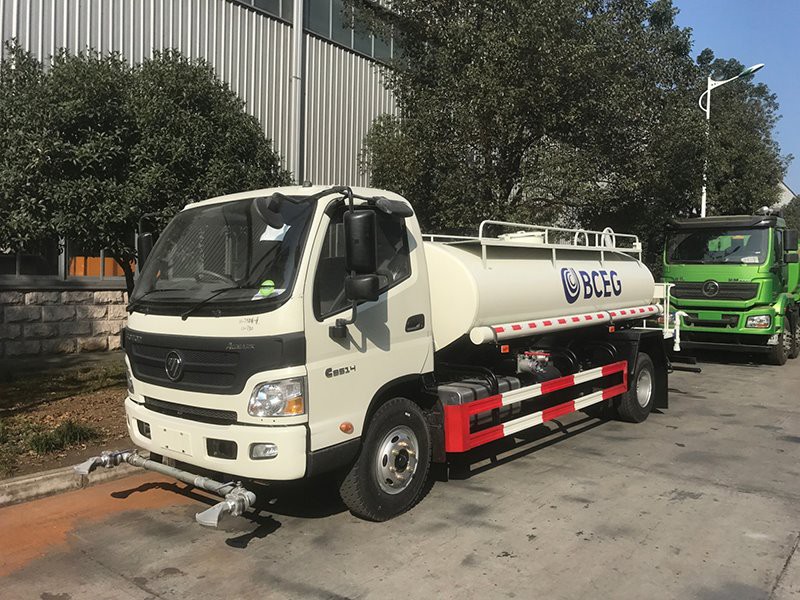Ultimate Guide to F550 Lifted Trucks: Enhancing Your Ride

Introduction
The Ford F550 has long been a preferred choice for those seeking a robust workhorse, especially in commercial applications. However, enthusiasts often seek to elevate their F550s to new heights—literally. A lifted F550 not only enhances the vehicle’s appearance but also improves its off-road capabilities and towing capacities. In this comprehensive article, we will explore everything you need to know about lifted F550 trucks, from the basics of lift kits to the impact on performance and styling options. Whether you’re looking to take your truck off-road or want to make a statement on the road, this guide has you covered.
Understanding Lift Kits for F550 Trucks
What is a Lift Kit?
A lift kit is a series of components designed to raise a vehicle’s height. For F550 models, lift kits can increase ground clearance, allowing for larger tires and improved off-road performance.
Types of Lift Kits
- Suspension Lift Kits: These kits alter the suspension system of the truck, providing the most significant clearance and improved articulation.
- Body Lift Kits: These kits raise the body of the truck without affecting the suspension, offering a more affordable option but often less ground clearance.
Choosing the Right Lift Kit for Your F550
Factors to Consider
When selecting a lift kit, consider the following factors:
- Desired Lift Height: Lift kits range from 2 to 10 inches of elevation.
- Driving Purpose: Assess whether the truck will be used primarily for work, off-road adventures, or daily driving.
- Budget: Lift kits vary significantly in price, depending on quality and the components included.
Recommended Lift Kits
Here are some popular lift kits suitable for the F550:
| Brand | Lift Height | Type | Estimate Cost |
|---|---|---|---|
| Skyjacker | 6 inches | Suspension | $2,500 |
| Rough Country | 4 inches | Suspension | $1,200 |
| Zone Offroad | 6 inches | Suspension | $1,800 |
| Daystar | 2 inches | Body | $300 |
Installation Process for Lift Kits
DIY Installation vs. Professional Help
Installing a lift kit can either be a DIY project or handled by professionals. If you are skilled with tools and have mechanical experience, a DIY installation can save you money. However, for those less experienced, hiring professionals ensures proper installation, safety, and warranty compliance.
Basic Installation Steps
If opting for DIY, here are the general steps to install a suspension lift kit:
- Gather all necessary tools and components.
- Lift the truck using jack stands for safety.
- Remove the OEM suspension components.
- Install the new lift components as per the manufacturer’s instructions.
- Inspect the alignment and make necessary adjustments.
Adjusting Tires and Suspension After Lifting

Choosing the Right Tires
When lifting an F550, larger tires can enhance the vehicle’s off-road performance. Consider the following tire sizes:
- 35-inch Tires: Commonly used for 6-inch lift kits.
- 37-inch Tires: Ideal for more extreme lifts, enhances off-road capabilities.
Impact on Suspension Geometry
A lifted truck can affect suspension geometry, which may lead to handling issues. It is essential to install aftermarket parts such as:
- Adjustable control arms
- Track bars
- Drop brackets
Performance Implications of Lifting an F550
Improved Off-Road Capability
Lifting your F550 can significantly enhance its off-road capabilities, allowing it to traverse obstacles that stock-height trucks cannot. Higher ground clearance reduces the risk of damage to undercarriage components.
Effects on Fuel Efficiency
While lifting your truck can improve performance, it may also impact fuel efficiency negatively due to increased weight and aerodynamic drag. Typically, the larger the tire and lift, the more noticeable the fuel efficiency decline.
Legal Considerations and Safety Regulations
Lift Height Regulations
Before making modifications, check local laws, as many regions have specific regulations regarding lift height. Exceeding legal limits can result in fines and further complications during vehicle inspections.
Safety Checks Post-Installation
After lifting your F550, regular safety checks are crucial:
- Ensure all components are secure and functioning correctly.
- Monitor tire pressure and alignment.
- Check brake performance, especially if tire size has increased significantly.
Styling and Customization Options for Lifted F550s
Fender Flares and Accessories
To accommodate larger tires and enhance aesthetics, consider installing fender flares. This also helps protect your F550 from debris and dirt.
Lighting Upgrades
Adding upgraded lighting such as LED light bars can improve visibility during off-road night drives and enhance your truck’s rugged look.
Custom Paint Jobs and Wraps
A custom paint job or vinyl wrap can help express your personality and make your lifted F550 unique.
Common Troubleshooting Tips for Lifted F550s
Handling Issues
If you experience a rough ride or handling issues, consider the following steps:
- Check wheel alignment settings.
- Inspect suspension components for wear or damage.
- Ensure proper installation of aftermarket parts.
Noise and Vibration Problems
Excessive noise or vibration may indicate issues with drive shafts or balance. Inspect these components or consult with a professional for further evaluation.
Frequently Asked Questions (FAQ)
1. How much does it cost to lift an F550?
The cost of lifting an F550 varies widely, generally ranging from $1,200 to $4,500, depending on the lift kit type and professional installation costs.
2. Will lifting my F550 affect its towing capacity?

While lifting generally enhances off-road capabilities, it can affect towing capacity depending on the suspension setup and balance. Always check specifications after modifications.
3. Is lifting my truck safe?
When done properly with quality components, lifting an F550 is safe. Ensure professional installation and routine safety checks post-lift.
4. Can I return my F550 to stock height later?
Yes, removing the lift kit and reverting to stock height is possible, although it may require some parts replacements.
5. Does lifting my truck void the warranty?

Lifting your F550 can void specific warranties; it’s crucial to check with the dealer regarding warranty coverage before making modifications.
6. What maintenance is required for a lifted F550?
Regular maintenance includes checking alignment, tire pressure, and inspecting lift components for wear or damage. Proper care ensures longevity and safety.
